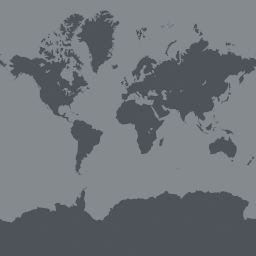Cameroon is an African country rich in biodiversity, and the Cameroonian government are putting in efforts to maintain this and reduce the on-going loss and degradation of species and ecosystems. Yet, such efforts are hindered by the low accessibility of the existing biodiversity-related information. This project aims at improving access to and use of accurate biodiversity information in conservation and development planning, and to strengthen the Cameroonian contribution to GBIF.
Three major institutional actors (IUCN, Green Connexion and the Ministry of Environment, Nature Protection and Sustainable Development) are joining forces to work with other governmental institutions, scientists, and civil society organizations to increase national capacity for biodiversity information management in Cameroon and establish national biodiversity information facilities, including a national information management infrastructure and committee in Cameroon.
The project's immediate results will ensure that data on species in Cameroon is made freely accessible via GBIF.org, and via national channels for local stakeholders. Contributing to increased accessibility of data on species in Africa, the project will lead to an improved status of the sustainable development goals in Cameroon.
Project progress
The project has been working to strengthen the mobilization of biodiversity data in Cameroon through several key actions.
Firstly, the project team have progressed with the establishment of a nodal point in Cameroon. A structure was selected to host the nodal point through multiple meetings and advocacy activities with various ministries involved with biological data. To finalize these details, the project will now create a MOU requiring signatories and subsequent documents detailing resource and funding availability will be produced which should allow for the full implementation of the nodal structure.
As part of the second action, a network of data holders on biodiversity in Cameroon has been developed. Around 90 researchers responded to information letters to join the network and expressed interest to contribute to the establishment of a node. Final adjustments to fully realize this action include identification and evaluation of available data as well as capacity enhancement for members to publish and make available data through the node. A data-sharing chart is also in development, which will assist with members of the network. It is anticipated that these tools will be shared and promoted during a planned network implementation workshop.
Through the project, a dataset on wild edible fruit trees has been published on GBIF.org with plans to add further datasets towards the later part of 2018.
Cameroon verified the GBIF Protocol of Agreement on the 10th of September 2018, designated the nodel structure, and became a state and GBIF member.
All data have been published on GBIF.org with the total of 3 datasets and 4 checklists.


